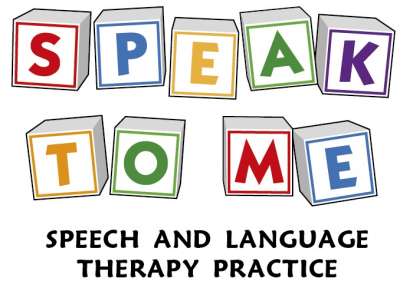At Speak To Me our therapists specialise in working with children who have childhood apraxia of speech (CAS). CAS is a motor speech disorder where children have difficulty planning, coordinating, producing, and sequencing speech sounds.
In CAS, the brain struggles to develop plans for movement. With this disorder the muscles aren't weak, but they don't perform normally because the brain has difficulty directing or coordinating movements.
To speak correctly, your child's brain has to learn how to make plans that tell their muscles how to move their articulators (lips, jaw and tongue) in ways that result in accurate sounds and words spoken with normal speech and rhythm.
CAS is diagnosed by a speech-language therapist (not a GP or a Paediatrician as it's not a medical diagnosis) through a battery of tests and observations. It can sometimes be difficult to diagnose CAS, especially when the child speaks very little and has difficulty completing the tasks required for assessment. In this case your speech-language therapist may diagnose your child with suspected childhood apraxia of speech (sCAS). As your child progresses through speech therapy and matures this suspected diagnosis can be revisited.
It is important to successfully identify any characteristics that are discriminative too CAS, as CAS is treated differently from other SSD. Your child's speech-language therapist will determine the most appropriate therapy approach for your child, even if your child has sCAS.
Some symptoms of CAS may include;
- speech is difficult to understand
- lack of babbling as an infant
- limited repertoire of sounds
- vowel errors
- inconsistent errors
- difficulty imitating speech
- difficulty imitating oral movements
- groping
The treatment approaches used by the therapists at Speak To Me are those with the most evidence base behind them. The article by Murray, E., McCabe, P., & Ballard. J., (American Journal of Speech-Language Pathology, 2014) which is a systematic review of treatment outcomes for children with childhood apraxia of speech concludes that two motor treatments (Dynamic Temporal Tactile Cueing - DTTC & Rapid Syllable Transition Treatment - ReST) and one linguistic treatment (Integrated Phonological Awareness Intervention) appear to be the best approaches for children with CAS. The children age and severity of CAS suit differing treatment approaches.
